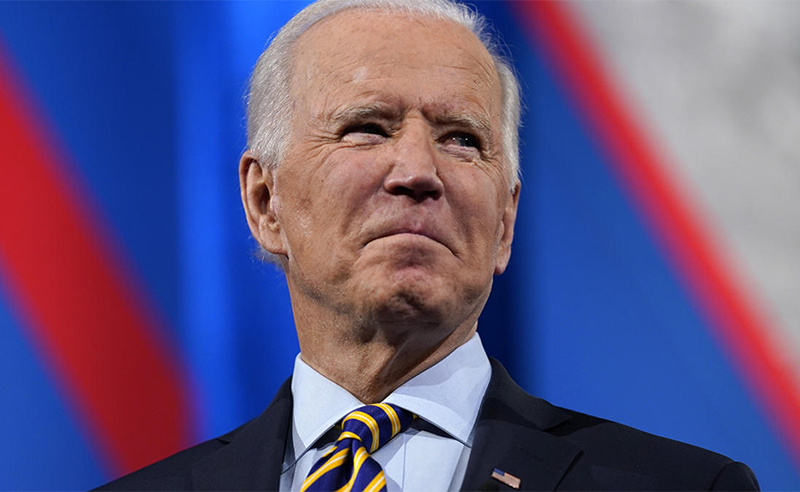US Will Bring A Major Boost to Rare Earths Mines
- Details
- Category: Tungsten's News
- Published on Thursday, 09 September 2021 23:38
The COVID-19 pandemic and the green energy revolution have now triggered a commodity crisis: a global shortage of rare earths mines. And the US Congress introduced a bipartisan bill last week.
A recent report by the International Energy Agency (IEA) warned that unless the supply of metals required to produce solar panels, wind turbines, electric cars, and other clean energy technologies raise dramatically, the world will be tough to meet its climate goals.
The United States relies heavily on China's supply of rare earth elements (REEs), which are essential in the manufacture of solar panels, windmills, electric car batteries, mobile phones, computers, defense systems, medical equipment, and even oil and gas technology.
At present, the global shortage of semiconductor chips has caused serious damage to various industries, including many industries such as technology and automobiles. Coupled with the COVID-19 pandemic that has triggered a huge technology purchase boom, manufacturers of personal computers, tablets, laptops, and game consoles have been caught off guard.
However, to break the dominance of China's rare earths, the American political class seems to be able to deal with the challenges of local rare earth production. Last week, the Congress introduced a bipartisan bill that will provide tax credits for the production of domestic permanent rare earth magnets.

Democratic representative Eric Swalwell and Republican representative Guy Reschenthaler introduced the " Rare Earth Magnet Manufacturing Production Tax Credit Act ", which will provide a tax credit of $20 per kilogram of rare earth magnets produced in the country.
And if they could use rare earth materials which are produced or recycled in the United States, the tax credit will be increased to $30 per kilogram.
Generous tax credits can save a lot of taxes for emerging REE producers in the United States. For example, once the rare earths in the United States are fully operational and reach the target of at least 2,000 metric tons of rare earth magnets a year, they can receive a tax credit of between 40 million and 60 million U.S. dollars.
But the rare earth magnet tax credit is not the only tool considered by lawmakers. The "Recycling of Rare Earths in the United States (RARE) Act" is another cross-party bill that will implement permanent tax relief for domestic REE miners.
Both tax relief and production tax credits have a similar ending: fair competition with China's highly dominated rare earth industry.
Although China's dominance in this field has declined compared with ten years ago, it has maintained a dominant position in the industry for many years, exporting more than 70% of the world's rare earth supply in the past few years.
China, as the dominant rare earth element, supplies 80% of the rare earth elements (REE) in the United States. This makes the United States not always in a strong position when a trade war broke out, and China has not lost this advantage. The Global Times once believed that "U.S.’ need of rare earths is an ace on Beijing’s hand"
If American REE companies like USA Rare Earths want to be competitive on the global stage, then some sort of tax incentive is necessary. Moreover, the US does not completely lack rare earth resources. A mountain that might be a rare earths mines called Bear Lodge in Wyoming State has about 18 million tons of rare earths, enough to supply the country for many years.
- Rare Earth Manufacturer & Supplier, Chinatungsten Online: www.chinatungsten.com
- Tungsten News & Prices of China Tungsten Industry Association: www.ctia.com.cn
- Molybdenum News & Price: news.molybdenum.com.cn
- Tel.: 86 592 5129696; Fax: 86 592 5129797; Email: sales@chinatungsten.com



 sales@chinatungsten.com
sales@chinatungsten.com